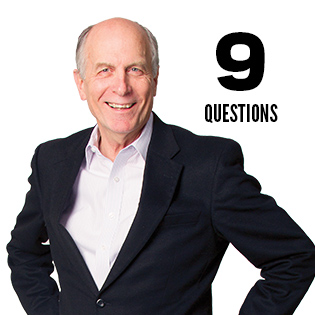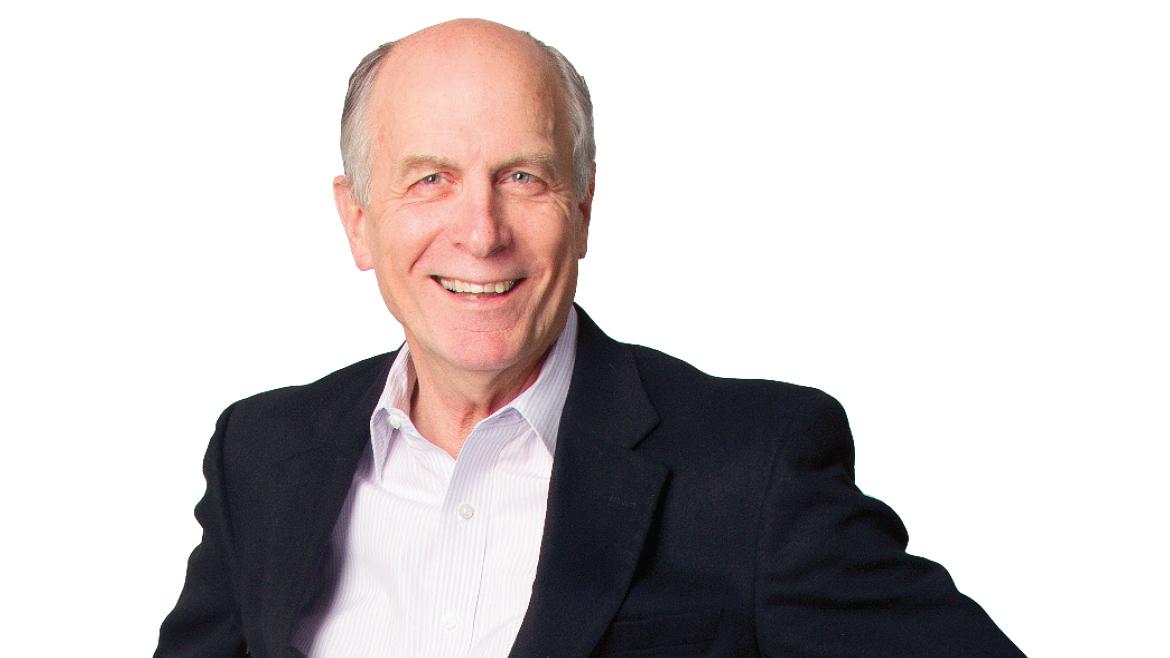John John, RE/MAX Boone Realty
by COMO Staff
March 24, 2016


- What’s your specialty and why? Columbia is too small to be overspecialized, but I tend towards investment properties. My background is finance, and I have a great deal of experience with determining a sound investment. Each investor has different needs, so it isn’t one-size-fits-all.
- What’s the most interesting way that development has changed in Columbia over the last 30 years? Columbia is caught between a stagnant bureaucracy and fear of change. It has become harder and harder to work with the city and the county. The impact is that it takes more time and more money to do anything in town, and most of the locals are getting priced out. As projects get more expensive, homebuyers, tenants and shoppers get increases in the cost of living. What should be a slam dunk development becomes a nightmare.
- What has most surprised you about the real estate market in Columbia in the last 10 years? People in Columbia think the city is growing fast, but it really isn’t. Other than student housing and university expansion, Columbia is growing very slowly. And, even with the university’s growth, it’s barely above the national average. We’ve attracted some university research but very little job-creating industries. We actually haven’t attracted very much manufacturing. If you don’t have an advanced degree, Columbia hasn’t done much to help.
- Downtown development is a hot topic. How do you view the market specifically in downtown? Downtown is very small. Much of it is owned by government entities or religious institutions. What’s hot right now is between Broadway and the university from Stephens to Providence. As that builds out, interest will grow north of Broadway, towards Columbia College — between Orr Street from Sixth to Seventh Street. Most towns our size have a dozen or so 8- to 10-story buildings in their downtown. Columbia has had a hard time coming out of infancy.
- How would you describe the state of Columbia’s development market? According to almost every outside developer who has worked across multiple markets, Columbia is the most difficult market in which to complete a transaction. And we have built a national reputation of being difficult.
- What’s most rewarding about your industry? With each transaction, there is a start and finish. You get to see a project completed, so you get a reward with each accomplished task. Seeing new projects being built, old buildings being reused or repurposed — when I look at something like this, I can say to myself, “I was a part of that.”
- As Columbia continues to grow, how will the city’s development or real estate needs change? I don’t see any major changes in development. From the government side, people need to understand we’re not a town of 40,000 anymore, we’re not living in the ’60s. So many of the Old Guard want us to return to their glory days. We need to look forward. One thing to watch for is the northeast, along I-70. That area will see a great deal of development over the next 10 years.
- What role do you play during the development and construction process? I play a very small role after the real estate transaction. I facilitate, if needed, in referring providers of services like attorneys, engineers, contractors, etc. My role is to understand the issues that will occur and help the developer get the right property for what they want to do.
- What’s a favorite recent project you’ve worked on? Recently, I have been doing financial investment analysis on triple-net leases across the country for a purchaser. The very specific criteria are making me review 100-plus properties. It’s interesting because I get to do the analysis and I get to see the bigger picture.
FUN FACT: I am learning to speak Welsh, as our son has married a native Welsh speaker. And in another life, I’d be a political cartoonist.


